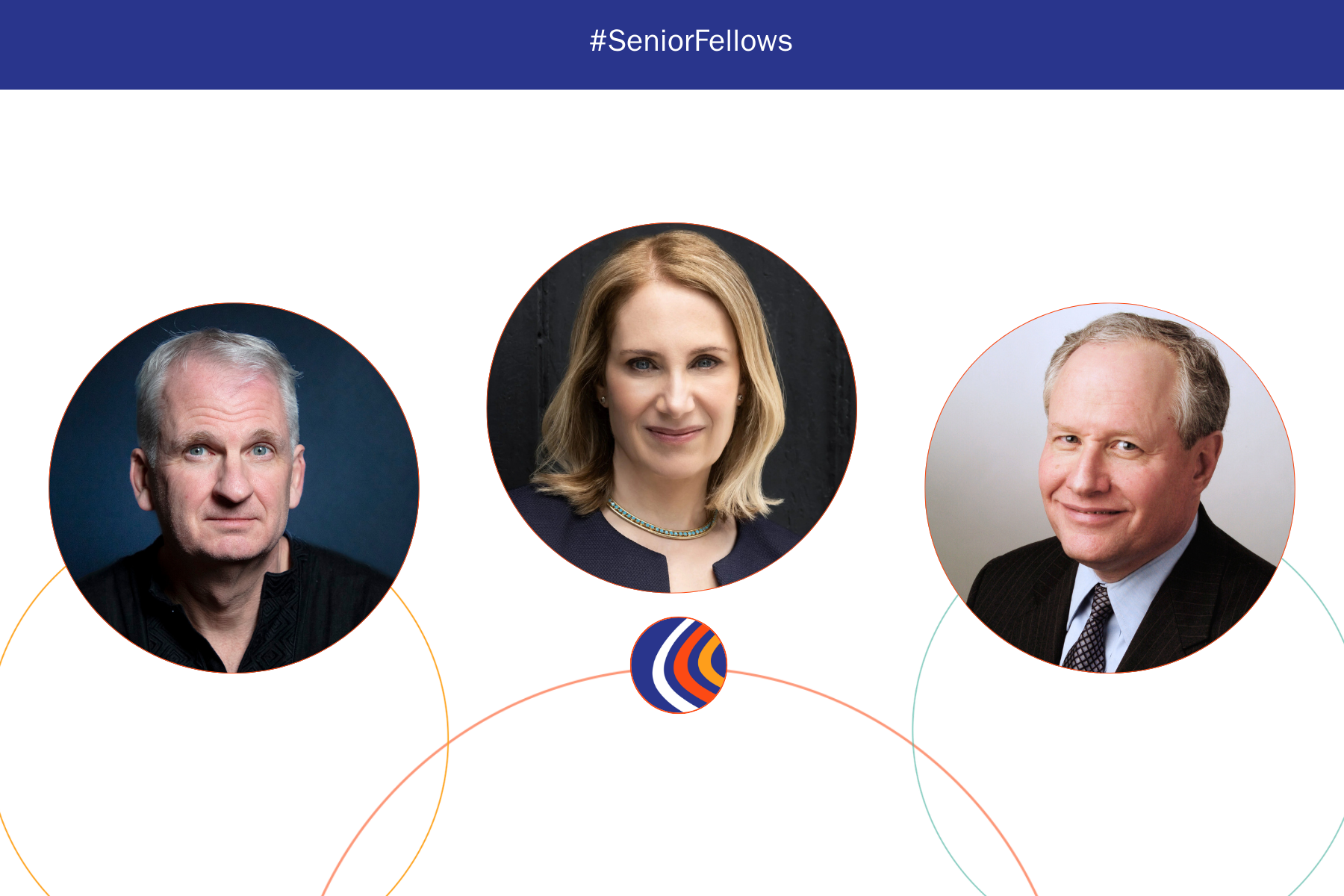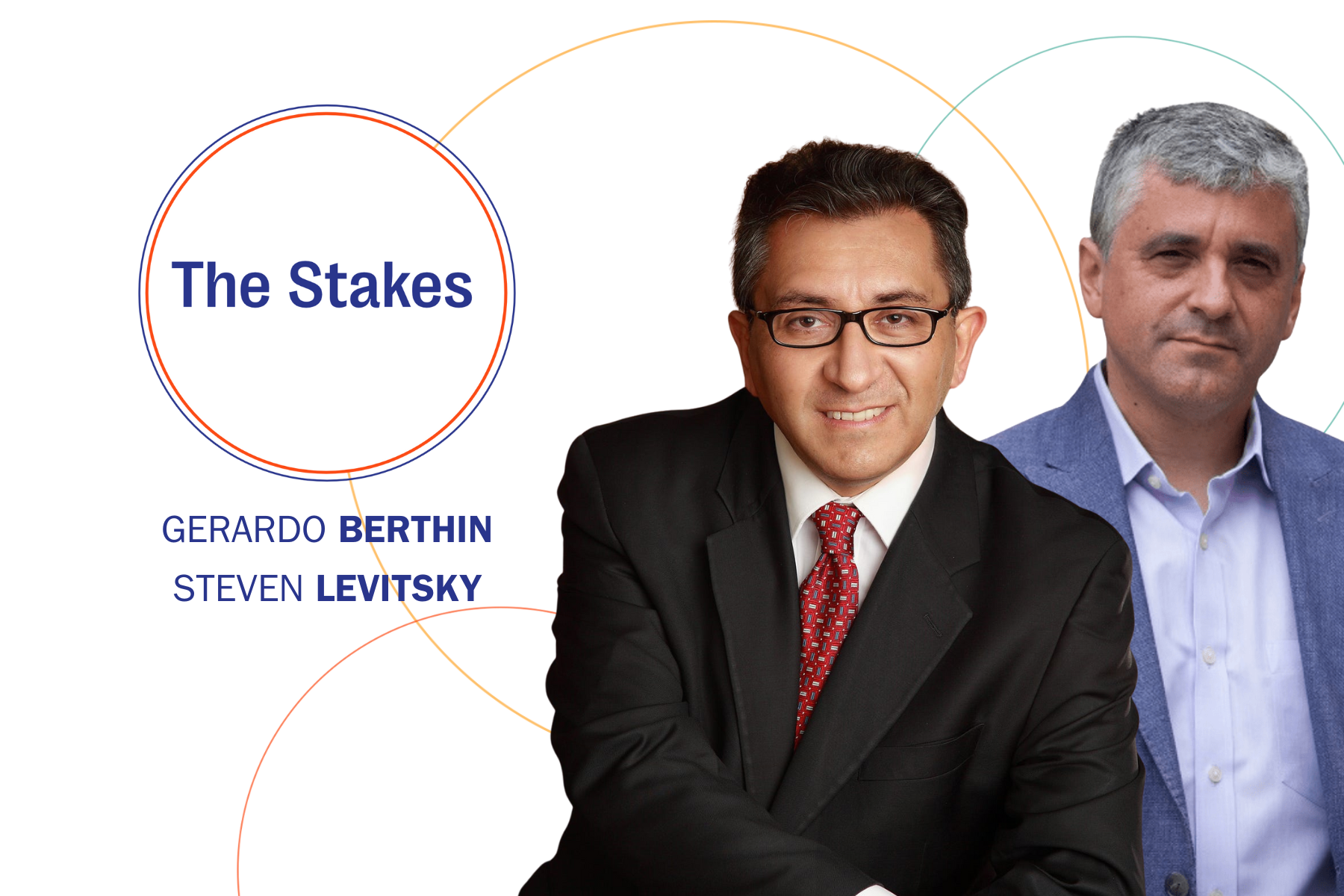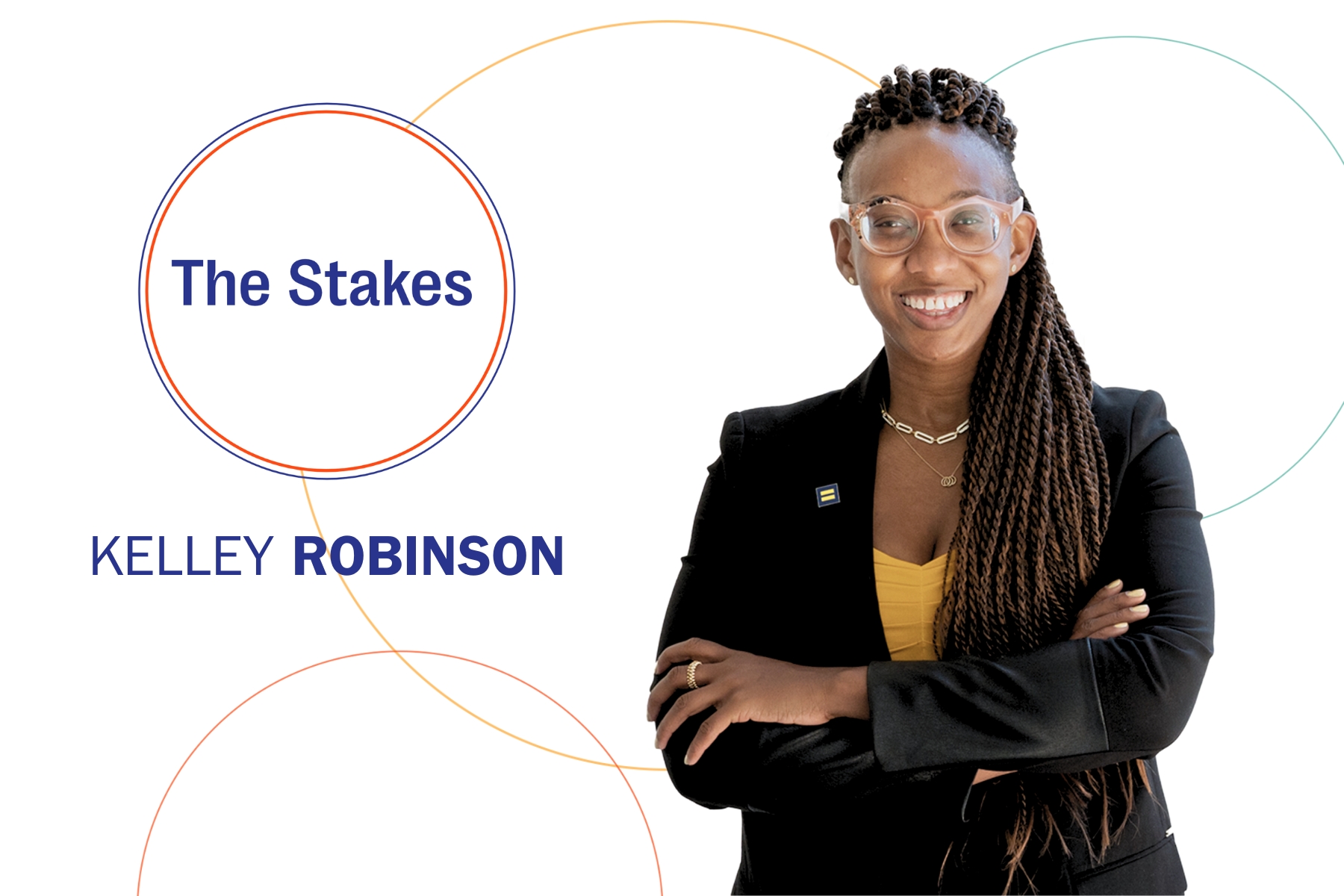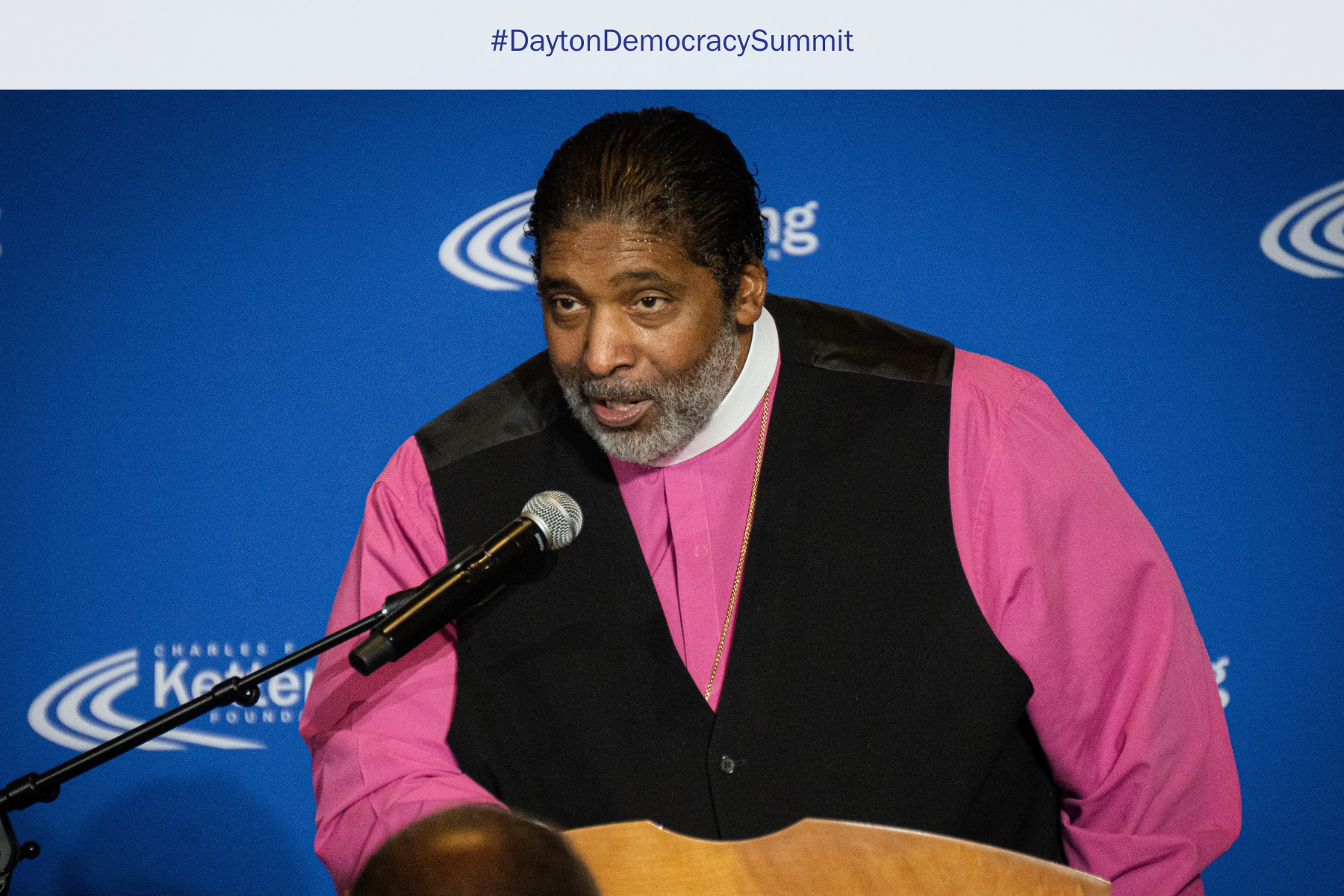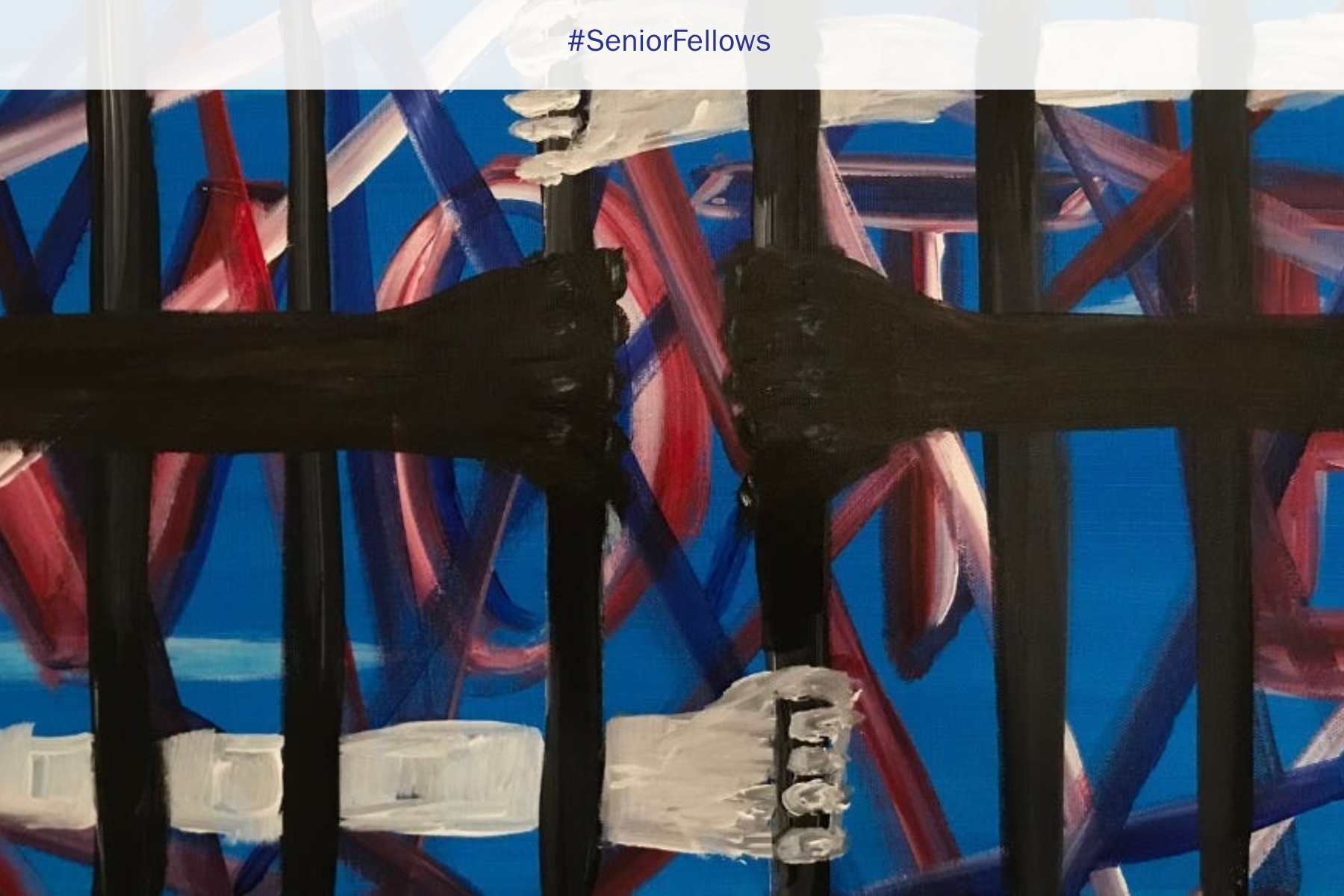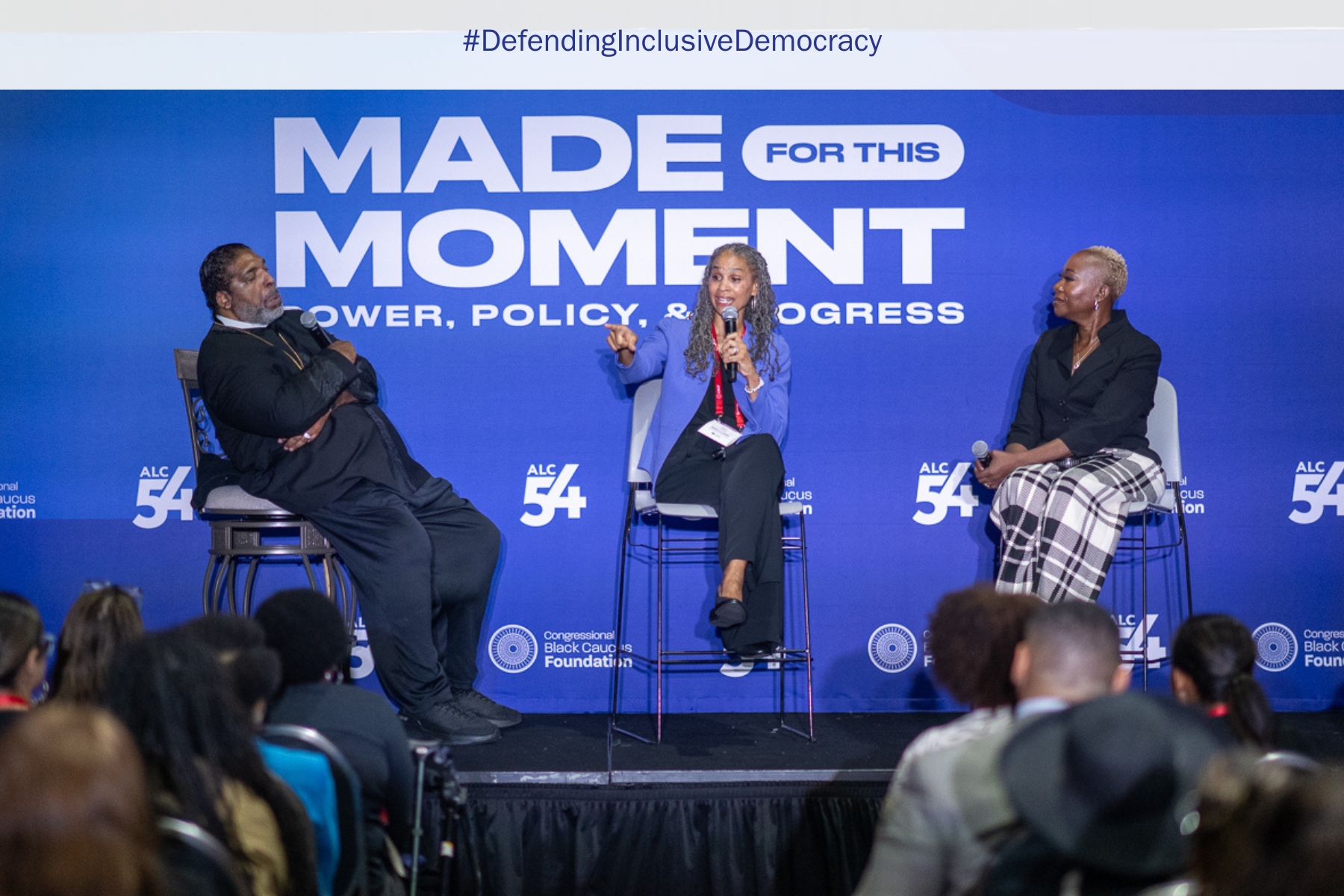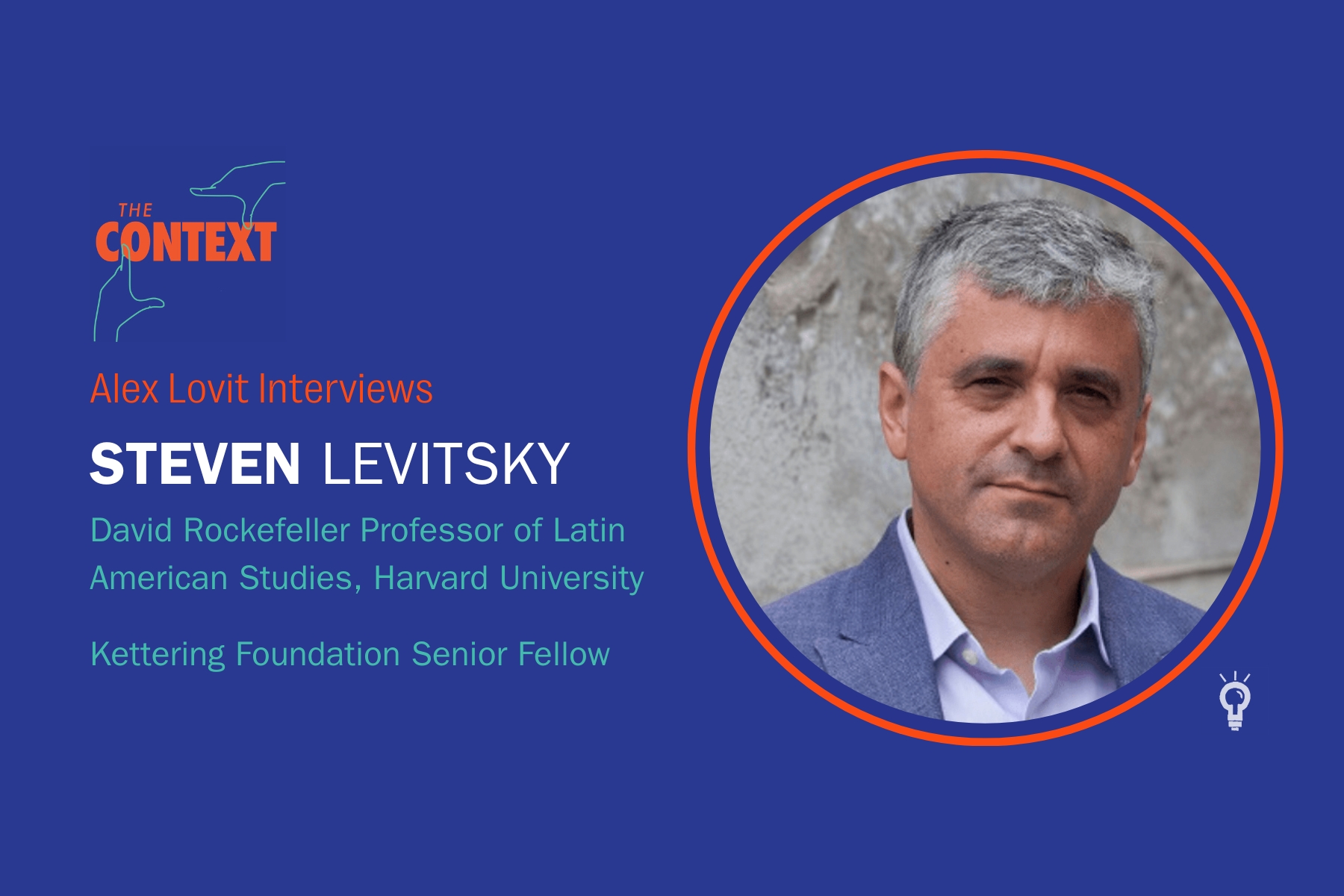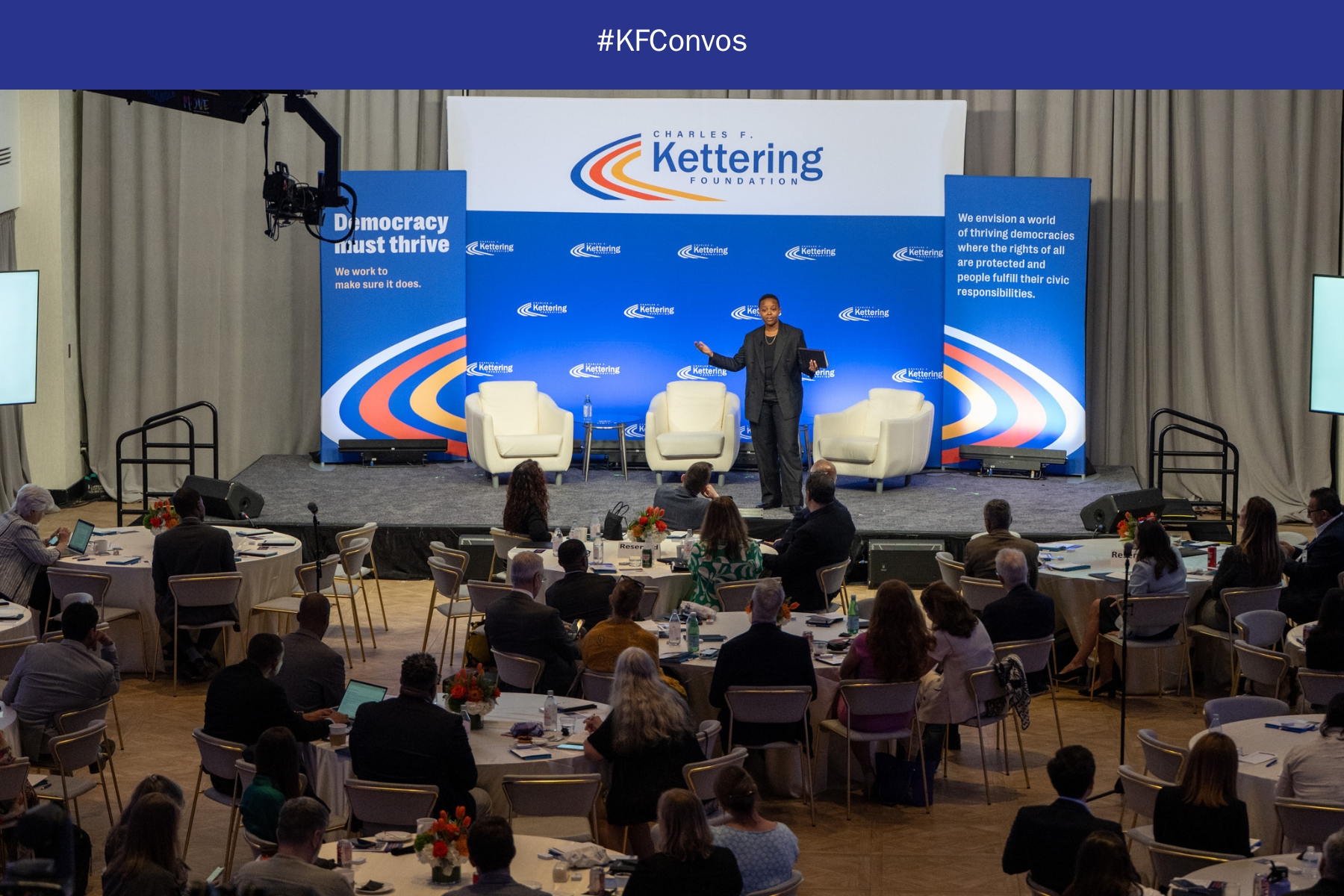Democracy Is on Fire
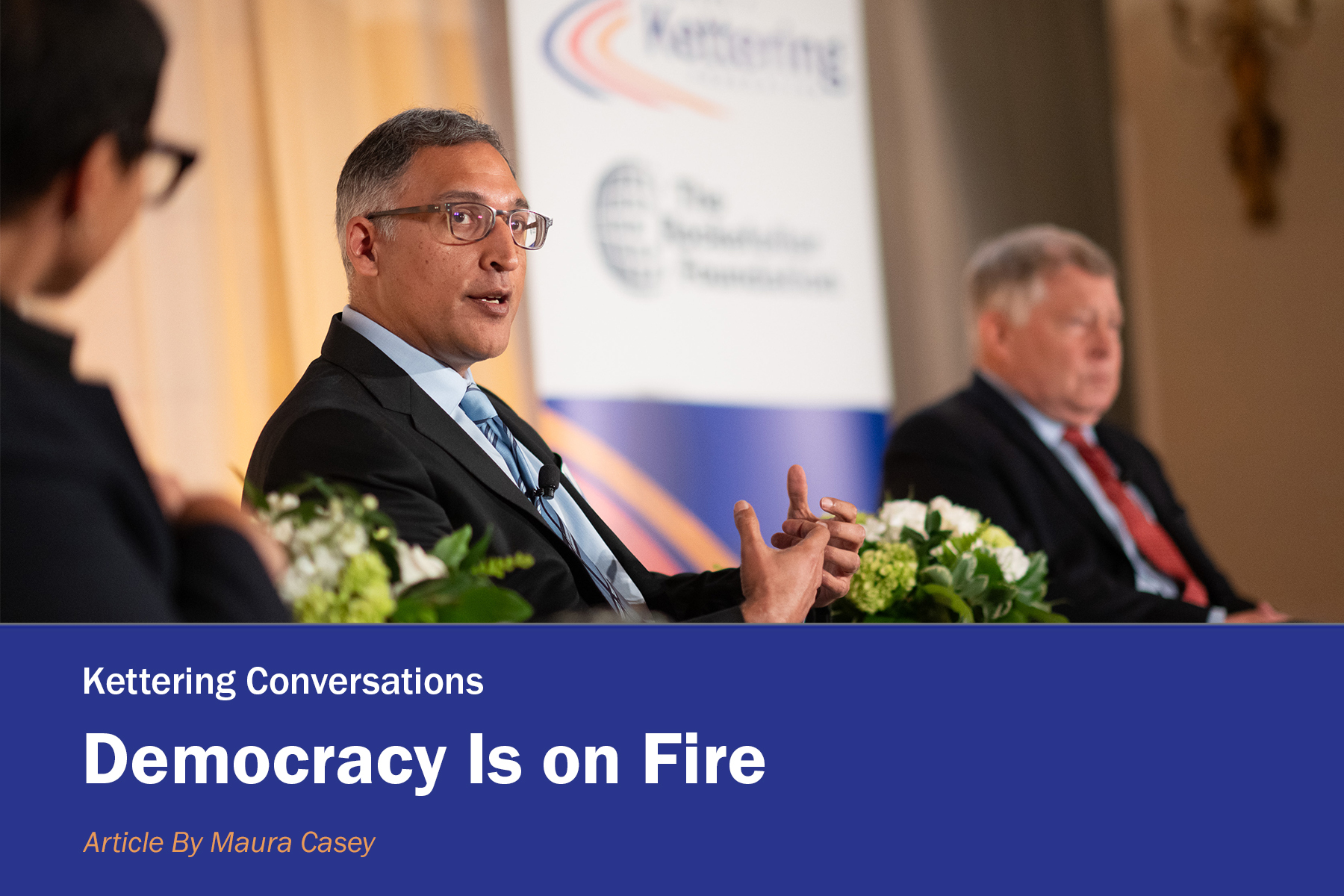
By Maura Casey
This article is part of a series of stories covering three panels from Kettering Conversations on Democracy, “Democracy Is Not Partisan.” This event, a collaboration between the Rockefeller Foundation and the Kettering Foundation, was held on May 9 at the Mayflower Hotel in Washington, DC.
Institutions are the pillars of our democracy, and yet their cracks are showing. A lively discussion about what is broken and how to fix it was part of a panel on the importance of institutions with Kettering Senior Fellows Neal Katyal and J. Michael Luttig. Katyal is former acting solicitor general of the US and is currently a professor of national security law at Georgetown University. Luttig is a former judge of the US Court of Appeals for the Fourth Circuit. Melissa Murray, professor of law at New York University School of Law, served as moderator.
Murray began by reflecting that the concept of democracy originated in Athens in ancient Greece. Yet the Athenians looked alike and had a common set of values, in contrast with the United States today. “Can a multifaith, multiracial, pluralistic society sustain democracy?” she asked.
Katyal replied that the answer can be found in The Federalist Papers nos. 10 and 51, which addressed the power and problems of competing factions. In his view, Katyal said, a pluralistic society is an advantage in maintaining democracy, although modern political parties and social media are certainly challenges. “Because there are so many different factions, you can’t have one overarching,” he said.
Luttig was less positive. On the day of the insurrection, January 6, 2021, “a stake was driven through the heart of America’s democracy . . . and today America’s democracy is teetering on a knife’s edge.” Luttig said. He noted how the former president and those vying to be his vice presidential candidate have said publicly that they will not necessarily accept the next election; it will depend on whether they win.
Murray noted that despite four pending indictments against Trump, they are unlikely to go forward before the election. “Is this a failure of our institutions, or is this just evidence of how fragile our institutions have become?” she asked.
Katyal said that two cases against Trump are delayed but there was a possibility that at least one case could go forward depending on how the Supreme Court rules on whether presidential immunity for official acts in office would shield Trump from criminal prosecution. He contrasted the languid pace of the cases against Trump with Bush v. Gore, in which the Supreme Court decided the 2000 presidential election in just 36 days—even with 2 hearings.
Luttig was sharply critical that the Supreme Court has not moved faster. “This is one of the gravest offenses against the United States of America that could ever be committed by a sitting president, other than perhaps, treason,” he said. “Our Supreme Court of the United States is sitting there twiddling its thumbs, knowingly delaying his trial until after the election.”
Yet regarding democracy, Murray said, “The courts are the last stand, the last bulwark. . . . Does it matter that our highest court is so removed from the people? . . . Most Americans don’t engage with the work of the Supreme Court. Most Americans only know of courts through things like ‘People’s Court’ or ‘Judge Judy.’ Is that a failing of our civic culture and the way we talk about courts?”
“It may have worked back in an earlier time when the court wasn’t so interjected into every facet of our political, social . . . [and] private lives. But now it is, and it’s a court that . . . is very much out of step with mainstream America.” Katyal said. Luttig likened the situation facing America to the question of renovating a house when it is burning down. “All I know . . . is go get water and put out the fire. . . . The house is burning. It’s going to burn to the ground in the next six or seven months. Or not. The immediate task is to stop the house from burning to the ground. . . . We have to go out and save this democracy,” he said.
When the discussion turned to the 2022 Dobbs v. Jackson Women’s Health decision that returned abortion laws to the states, Murray noted that it galvanized public engagement as well as sparked efforts to curb the power of voters—both spurring democracy and a fear of it. Katyal responded that the Shelby v. Holder decision in 2013 weakened the Voting Rights Act, but there was no reaction at all from the public. And yet, the reauthorization of the Voting Rights Act in 2006 passed nearly unanimously in both houses of Congress. We don’t have the same consensus anymore, Katyal said. “Something deeply rotten has happened in our politics.”
Luttig suggested that for 250 years America shared values about democracy, to which Murray countered. “Women didn’t vote until 1920. Black women didn’t have the opportunity to participate in the political process until well after that. So when we talk about shared values, who is sharing them?”
Reverend William Barber III, Kettering senior fellow, spoke up from the audience. “Voting rights . . . is core to this democracy,” he said. “[Voting rights] is not a Black issue. . . . Fifty million Americans have been hurt by what happened to the Voting Rights Act, not [just] Black folk. . . . There should have been an outcry . . . when the Voting Rights Act was gutted. There should have been mass movements in the streets. Civil rights organizations failed. . . . A thousand voter suppression laws have been pushed and passed. If voting rights [are] not core to this democracy, . . .” the house is already burnt down.
Luttig agreed and pointed out that voting rights is not an issue that would resonate with the Republican Party base.
Murray concluded, “[This has been] about fragile institutions, precarious institutions. I think the most significant threat to our democracy is not just Donald Trump, but a failure to galvanize the entire public around a core set of values about what it means to be a democracy. . . . It’s not just that those who are underresourced or poor are a huge voting bloc that’s untapped. The young are a huge untapped resource. This election could completely turn on voters between the age of 18 and 30, and we have to figure out how to address them right now because they are entirely disaffected, disengaged and tired of politics as usual.”
Luttig responded, “We have five months, period—”
“—To get it all together,” Murray continued. “Even in our most fractious,” she said, “. . . we know the importance of these questions for ourselves and for everyone in this room.”
To watch the full panel, click here.
